I have been writing about Donald Trump’s foreign policy since January. The gist of my analysis has been that Trump is much more consistent and ideological than people think. He has a core set of foreign policy instincts that date back to the mid to late 1980s. He is opposed to America’s alliance arrangements, he is opposed to the open global economy, and he is pro-authoritarian and pro-Russian. You can read about how I reach this conclusion here, here, and here.
In recent weeks, I have been asked what foreign policy Trump would pursue if elected. Surely, he would moderate his views and minimize the disruptive elements of his worldview? My response has always been that we should not expect a 70-year old man who has held these beliefs for three decades to abandon them at the moment he feels completely vindicated and acquires awesome levels of power. We should not discount the possibility that he will govern as he has campaigned. So, let’s examine what might happen in that scenario.
If Trump tries to implement his worldview, he could ignite a new world crisis.
If Trump tries to implement his worldview, he could ignite a new world crisis. World crises are rare. They occur when a fault-line opens up in the international system that generates enormous instability and unleashes powerful opposing forces with no means of reconciling them. The last world crisis occurred in the late 1940s with the breakdown of the post-war settlement, Soviet expansionism, containment, and the advent of the Cold War. Before that, the emergence of Nazi Germany destroyed the equilibrium in Europe and paved the path for the World War II.
This crisis is simple enough to understand. The United States could withdraw from its role as the leader of a liberal international order. The order would then collapse and other countries would scramble to respond. Some would take advantage. Others would try to protect themselves. Others still would submit to their larger neighbors. We have no idea where it would end but these are the conditions, maybe the only conditions, where a major war is possible.
How would this occur step by step?
It would begin with the implosion of the U.S. alliance system. Trump has said allies must pay their fair share. This has been widely misinterpreted as meaning that they should pay 2 percent of their GDP on defense, as President Obama and others have asked. But Trump calculates the costs differently. He believes that the allies ought to pay for the cost of the U.S. presence in Asia, Europe, or the Middle East. For instance, Japan and South Korea must pay for the Pacific fleet and the U.S. nuclear umbrella. If we add up these sums in Europe, the Middle East, and Asia, it runs to hundreds of billions of dollars a year.
If you doubt this, just take a look at Trump’s Center for National Interest speech in April where he said:
“We have spent trillions of dollars over time—on planes, missiles, ships, equipment—building up our military to provide a strong defense for Europe and Asia. The countries we are defending must pay for the cost of this defense—and, if not, the U.S. must be prepared to let these countries defend themselves.”
You can only get to that number by counting in the hundreds of billions. It is also consistent with Trump’s practice of making outrageous demands, well beyond what anyone thought was possible.
For Trump, billing the allies for a portion of the U.S. defense budget is a win-win. Either they pay or he has a reason to walk away. He has complained about the allies for years and has said the United States has no national interest in being forward deployed. The allies will likely balk at his demands and he will likely respond by unilaterally suspending all security guarantees. Even if Trump does not intend to dissolve America’s alliances, the fact that he has flirted with it and gone to the brink could have a major impact by damaging confidence in them.
Congress would cry foul but it would have no way to force Trump to uphold these security commitments. It cannot make the president promise to use force to defend an ally, let allow force him to actually do so if the ally is attacked.
Meanwhile, Trump will have imposed tariffs on other nations, jeopardizing the open global economy. And he will reach out to Vladimir Putin to partner with Russia and Bashar Assad in Syria to fight ISIS. Putin will likely reassure Trump and help him in every way he can. The prize for him is clear—the end of NATO. Xi Jinping may try to cut a similar deal with Trump in Asia. China would give the United States economic concessions in exchange for a free hand geopolitically in the South China Sea and East China Sea.
A Trump victory may very well mark the disorderly end of the American era.
Within a very short period of time, the liberal world order will be no more. Eastern Europe would face a revisionist Russia on its own. East Asian nations would face China without U.S. support. We have no idea what would happen next but there is a high risk of major conflict as the regional powers act unilaterally to fill the strategic vacuum or protect themselves from someone else doing so. In East Asia, Japan and South Korea could go nuclear, leading to a regional nuclear arms race with China and North Korea, while Kim Jong Un may see an unprecedented strategic opportunity for aggression.
For over 70 years, all nations have organized their foreign policies around American power, whether they saw it as a benefit or a threat. On Wednesday, this calculus may have fundamentally changed. A Trump victory may very well mark the disorderly end of the American era. There are very few precedents for a global shock on this scale.
To avert this, if Trump wins, the military, the foreign policy establishment, and U.S. allies will work overtime during the transition period to convince Trump that he should take a different course. There will be a power struggle between two camps—the mainstreamers who ask Trump to outsource his foreign policy to them and the true believers or sycophants who try to gain high office by promising to implement Trump’s vision. Trump’s worldview is such that the mainstreamers will have an uphill battle.
The Brookings Institution is committed to quality, independence, and impact.
We are supported by a diverse array of funders. In line with our values and policies, each Brookings publication represents the sole views of its author(s).

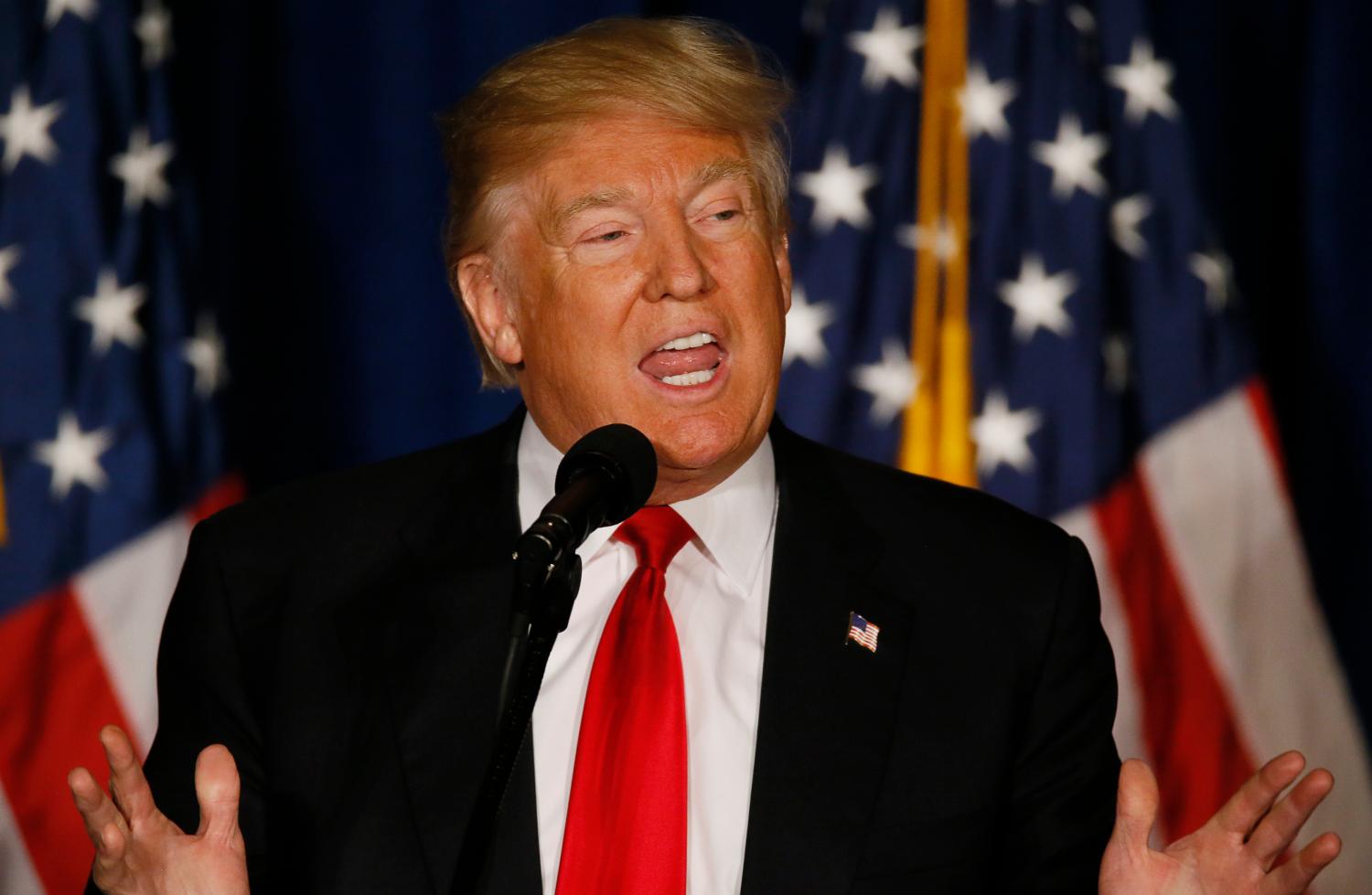
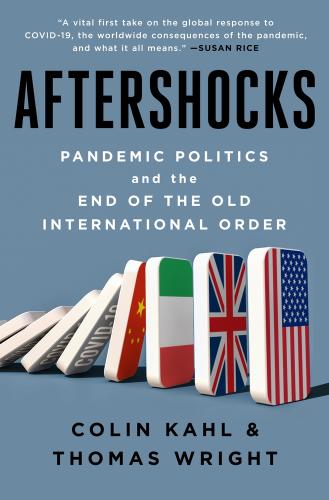

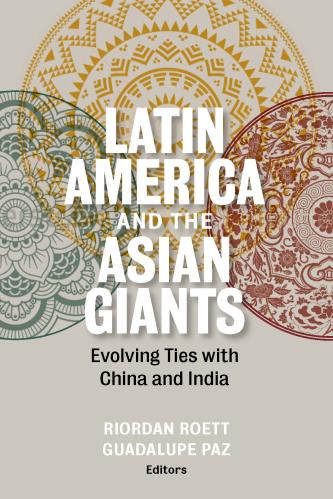
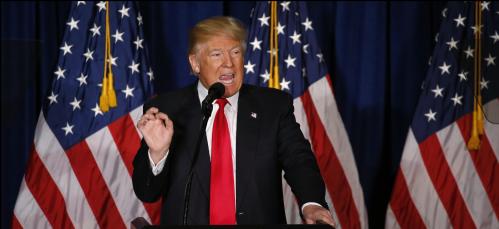
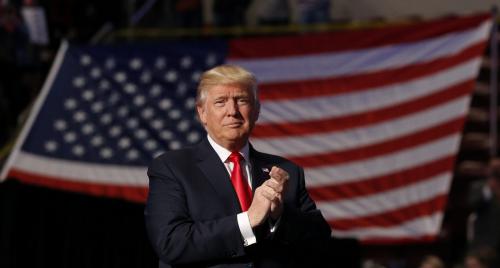
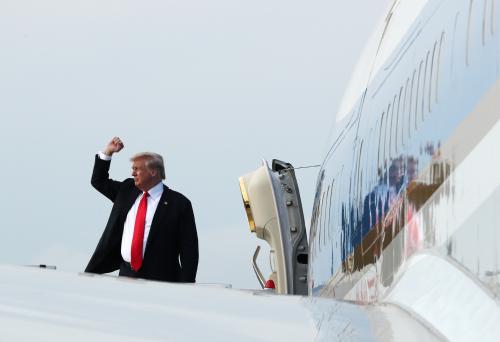




Commentary
48 hours from a new world crisis
November 7, 2016